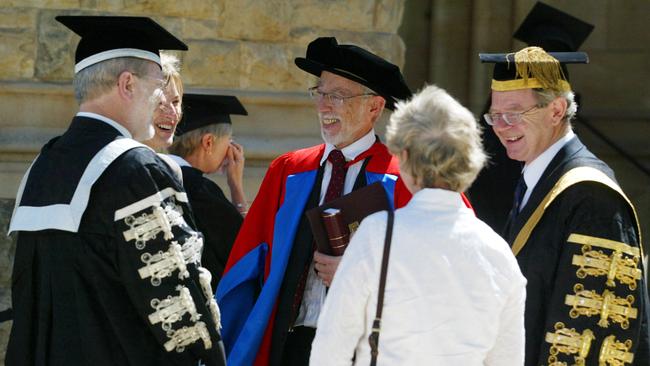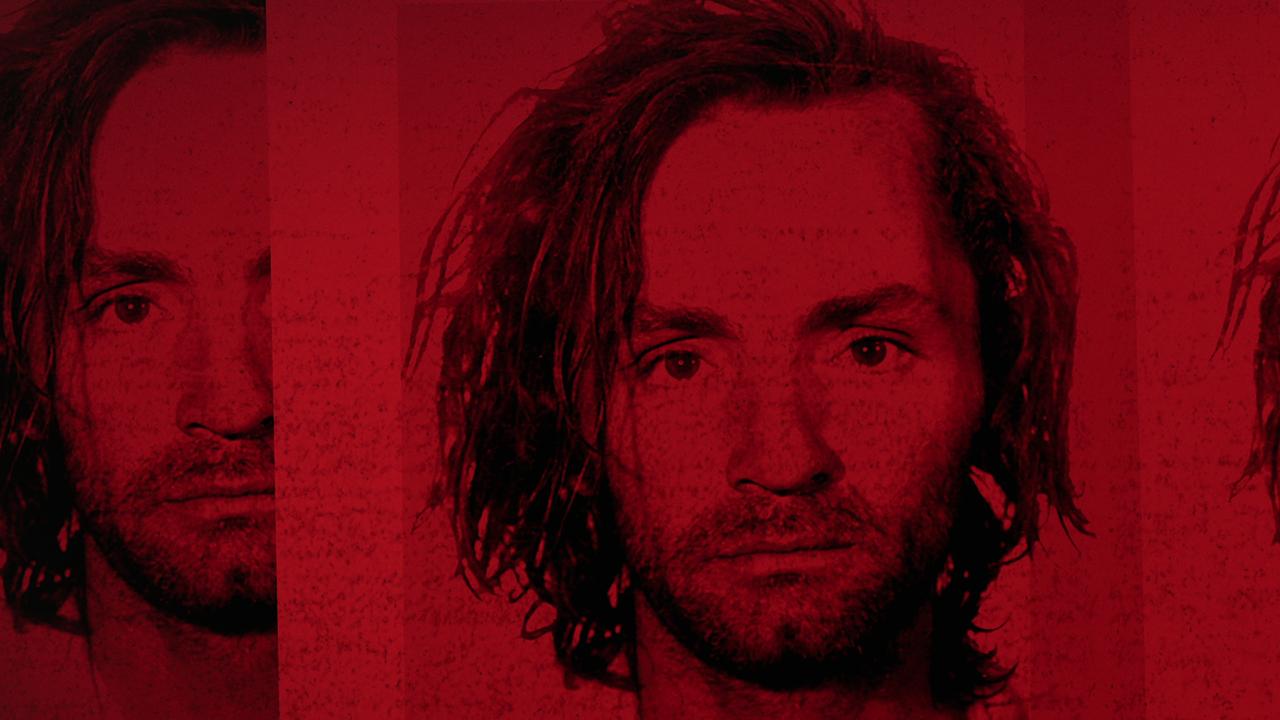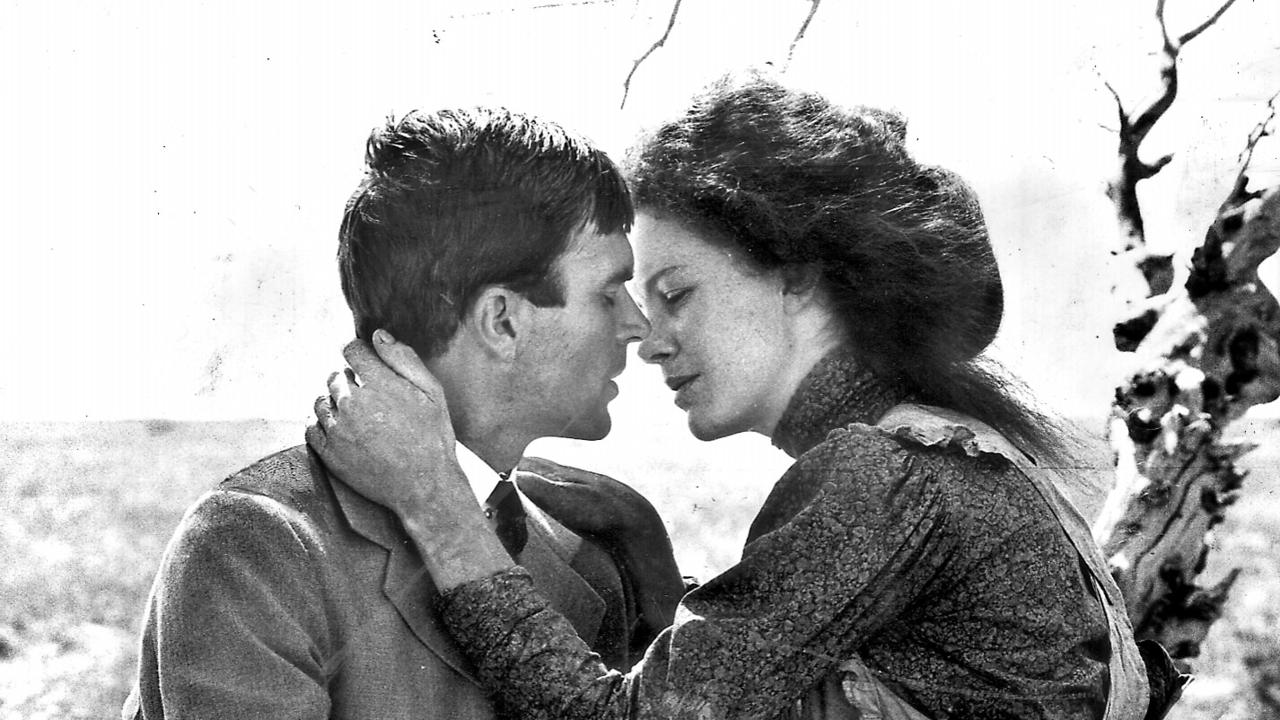
He wanted to write about the slavery endured by whole branches of his family, and he needed the Constitution for reference.
It seems that this actually happened in Sydney in 1855. The New York Times had a story about it on the weekend. And you’re not going to believe how that story ends.
The slave in question was John Swanson Jacobs, described by the editors of The Empire (they are sadly not named) as “a man of colour, with bright intelligent eyes, a gentle firm voice, and a style of speech decidedly American.”
Jacobs had escaped bondage and made his way to Australia where he was desperate to find somebody willing to tell the story of slavery. By chance, the editors had “the last edition of the United States’ Constitution authorised by Congress” in their offices, and they agreed to lend it to Jacobs, who returned it after a fortnight, with an 18,000 word essay about slavery, titled The United States Governed by Six Hundred Thousand Despots.
The editors of The Empire agreed to publish it, and “scarcely altered a word”.

“The writer is in Sydney; we understand he has been among the successful gold-diggers,” they said. “We shall be much mistaken if his narrative is not read with a lively interest.”
More than 160 years later, you are being offered the opportunity to read that essay, because it has rather amazingly been re-discovered, and published in book form, and oh, it’s so harrowing.
It begins: “I was born in Edenton, North Carolina, one of the oldest States in the Union, and had five different owners in 18 years.
“My first owner was Miss Penelope Hannablue, the invalid daughter of an innkeeper. After her death I became the property of her mother.”
He describes the slavery endured by his father: “To be a man, and not to be. A father without authority – a husband and no protector … Such is the condition of every slave throughout the United States; he owns nothing – he can claim nothing. His wife is not his – his children are not his; they can be taken from him, and sold at any minute, as far as the fleshmonger may see fit to carry them.
“Slaves are recognised as property by the law and can own nothing except at the consent of their masters.
“A slave’s wife or daughter may be insulted before his eyes with impunity; he himself may be called on to torture them, and dare not refuse. To raise his hand in their defence, is death by the law. He must bear all things and resist nothing. If he leaves his master’s premises at any time without a written permit, he is liable to be flogged; yet they say we are happy and contented.”
He describes the death of Mrs Hannablue, and the sale of her slaves: “Here they are, old and young, male and female, married and single, to be sold to the highest bidder … They began to sell off the old slaves first, as rubbish; one very old man sold for one dollar; the old cook sold for 17 dollars; from that to 1,600 dollars, which was the price of a young man who was a carpenter.
“Dr Norcom, whose daughter owned my sister, bought me for a shop boy. It would be in vain for me to attempt to give a description of my feelings while standing under the auctioneer’s hammer.”
Jacobs escaped, and spent years on a whaling ship before landing in Australia. His essay was discovered just a few years ago, by an American literary scholar, Jonathan D.S. Schroeder, who came across it while digging through the Australian online newspaper database, Trove.
It is being published by the University of Chicago Press, who says accounts of slavery by the slaves themselves are exceedingly rare, and precious. They believe that Jacob was the brother of Harriet Jacobs, whose 1861 autobiography, Incidents in the Life of a Slave Girl is revered in the US as one of the first, first-hand published accounts of slavery, and therefore a treasure, as this essay also so very clearly is. You may read the whole thing on Trove or buy the book here.
■■■I received an interesting note this week from Barbara Adamson, who says: “My Brisbane book club recently read It Ends With Us by Colleen Hoover and we were unanimous in our belief that the local library should not have labelled the book a romance, complete with a little heart sticker on the spine, when it was about domestic violence.”
She emailed Brisbane City Council library, and they said the publisher wanted the book sold as romance (it’s won prizes in that category, including a RITA Award (from the Romance Writers of America). Barbara says: “I am not in favour of censorship but to misrepresent the book in this way may very well sell more books, but to normalise a criminal activity by such marketing is reprehensible.”
Now, this is very far from the first complaint I’ve had about It Ends With Us. To be clear, nobody is asking for it to be censored. We don’t go in for that here, but I have to say, I agree with Barbara: there’s nothing romantic about being trapped in a violent relationship. Crime fiction, maybe?
■ ■■
Regular readers will know that I am to receive an Order of the Australian Outback Writers Festival but it seems I’ll have to wait even longer for the investiture, because the Governor-General has been a little slow, in approving the design of my medal. In the meantime, the organisers say they’ve received twice as many short story entries than last year, pleasingly from all over Australia. If you’re a grey nomad, on the hippy trial, happen to be outback in June, do go along. They’d love to see you there. The festival supports the charity founded in the Outback for the people of the Outback – the Royal Flying Doctor Service. It’s on between June 18-21.
■■■
Also in the mailbag, a note from Richard Evans, co-convener Whitsundays Writers Festival, who says the article about the disappearing male writer rang true as he was going through entries for their unpublished manuscript award.
“Only about 20 per cent of the entries were from male writers, reflecting the scarcity you highlighted,” he says, adding: “The quality of all submissions is impressive, with several manuscripts showing great potential for publication by major publishers. Unfortunately, it seems the talent and craft of these authors often go unrecognised in favour of more commercially viable, celebrity-driven projects.”
The festival is also offering $2000 for the best published book cover, but only two publishers have entered, alongside one self-published author, and one designer.
“Given it is one of the few awards for published book covers in Australia, this surprises me as I would have thought publishing publicity folks would be on to this to pump sales, their author, and their designer,” Richard says.
In any case, they are gearing up for the announcement of the winners. The festival will be held in September. Can you imagine anything more lovely than the Whitsundays in September? Details here.
■ ■ ■
If you’re looking for a reason to visit Adelaide – not that you need one! – there will this week be a brilliant event, Scenes from the South, featuring not one but two Nobel Prize laureates, JM Coetzee (2004) and Abdulrazak Gurnah (2021) who will read together and give public talks. It will be Gurnah’s first visit to this country, and the first time there have been two Nobel Laureates for Literature on the same stage in Australia. First launched at Amazwi South African Museum of Literature in 2020 in collaboration with the Harry Ransom Center, University of Texas, SOAS University of London, and the University of York, Scenes from the South was designed to celebrate the 80th birthday of Coetzee. This year’s exhibition is also timed for the 150th anniversary of the University of Adelaide, where Coetzee is honorary professor.
■ ■ ■
Today’s pages: Donald Trump. What is it about him that so appeals to so many millions of voters? Melbourne-based academic Timothy J. Lynch reviews a book that seeks to explain his appeal to those who just don’t get it. Antonella Gambotto-Burke can’t quite believe that somebody has made polyamory sound so spectacularly awful. Plus we have Paul Monk saluting the kind of academic that hardly exists in Melbourne anymore: a muscular free-thinker, untrammeled by today’s social media wars. And Samuel Bernard, a literary agent and literary critic, who has been as busy as a bee attending writers festivals around the country, has selected eight new titles for our Notable Books column. May you find something to devour.







I’m trying to imagine what it might have been like to be the editor of a little Sydney newspaper called The Empire in the 1850s when a “fugitive slave” – owned from birth by the invalid daughter of an innkeeper in North Carolina – walked through the door, asking for a copy of the US Constitution.